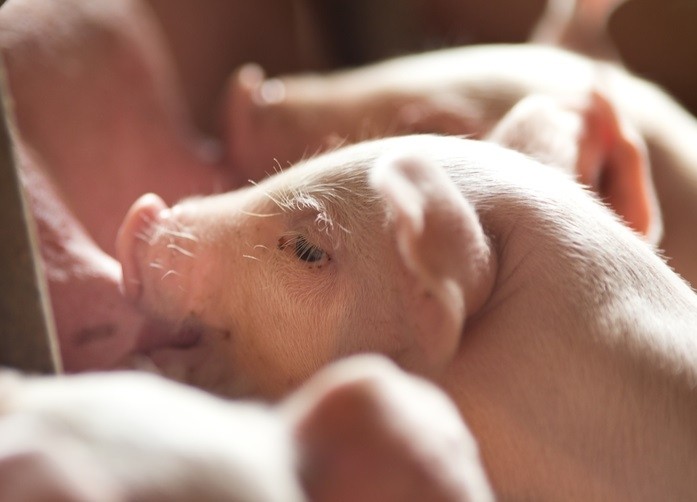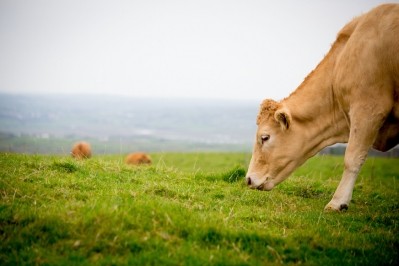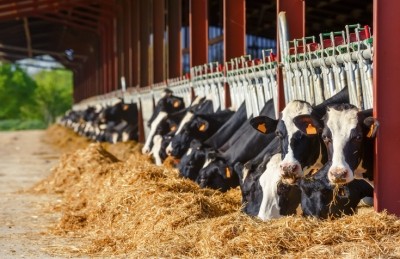US: FACT offers producer grants to support a transition to pasture or welfare certification

The Chicago-based non-profit Food Animal Concerns Trust (FACT) has opened an application window for the grants that runs through to December 4.
The organization supports safe and humane livestock production.
This year, its Fund-a-Farmer Project invovles two distinct types of grants, one centered on pasture-based farming systems, and the other focused on farm improvements that result in successful animal welfare certification.
FACT said it will consider funding for projects designed to achieve improved animal welfare within a pasture-based system, including projects that would revamp existing housing to encourage outdoor access or improve quality of pasture in terms of animal nutrition and health of land, or allow multi-species rotational grazing.
The grant program began in 2012. It is open to independent farms operating in the continental US and that produce livestock, the non-profit said.
Larissa McKenna, humane farming program director with FACT, told us:
“The grants are a great way for us to be able to partner with farmers to use their knowledge and expertise to make these improvements and take the next steps."
Previously a farm in New York was awarded a FACT grant to buy a semi-permanent feed station to provide grain to its pigs on a rotational grazing system, while a group in Wisconsin used the grant to improve feeding options for their cattle, the organization said.
Welfare aspect
The animal welfare certification grants are specifically for on-farm improvements that are required for successful application and attainment of one of three specified schemes.
FACT said this first-time grant category will make it possible for farmers to attain animal welfare certification from Animal Welfare Approved, Certified Humane, or GAP. The not for profit group said these farmers would be eligible to apply for funding to underwrite on-farm improvements that are directly related to certification requirements, which will allow them to successfully attain one of these animal welfare certifications.
Applications can be submitted online, said McKenna. Producers can apply for a grant multiple years and, projects covered run up to about $2,500.
“Every year it’s trying to figure out what is reasonable for us,” she said of how many grants are awarded.
The grants offered have been expanding in terms of what is covered and the addition of items for producers of different species; however, there is consideration of adding more or larger grants in the future, she added.
In addition to meeting the eligibility requirements to apply, the grants go through a blind review process where they are judged on a metric that covers several factors including: does the project move the facility toward FACT humane production principles? Will the project achieve the specified goal? And, is the project achievable for the stated budget or during the 12-month time period? McKenna said.
One suggestion for applicants is to be as specific as possible on elements of the plan and in regards to the budget, she said. “It gives credibility to the application,” she added.
Pasture and certification focuses
The organization has emphasized principles of what it considers humane raising for production species since its inception, said McKenna. Those practices often include a focus on or element of pasture raising for different species.
Additionally, there has been consumer interest in changes to animal production and diet, according to data gathered by Cargill.
“The pasture improvement is a long standing area that’s been there from the beginning,” said McKenna. Initially, many of the grant requests focused on ways to improve pasture as a feed source.
“There has been a lot more talk about benefits of managed grazing not just ruminants, but pigs and chickens and poultry and how that relates to animal health and how that relates to human health,” she said.
Since the start of the program, a grant category focused on pasture-based efforts has been added, she said. This year the organization also has dropped the need for producers seeking support in improving pasture to also be working toward a specific certification.
“Maybe they are organic, or they’re trying to have more pasture available,” she said. “We really opened that up this year.”










